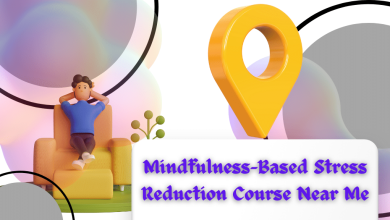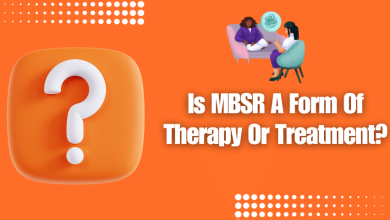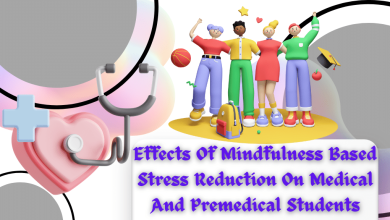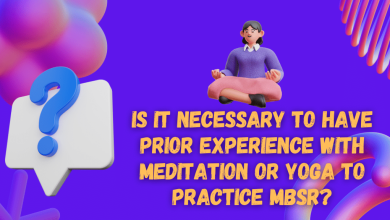What Are The Benefits Of Practicing MBSR?
Mindfulness-Based Stress Reduction (MBSR) is a type of meditation and mind-body therapy designed to help people manage stress, anxiety, and other mental health conditions.
MBSR is a well-established approach to mindfulness that is often used to treat depression, anxiety, chronic pain, and other health issues.
The Benefits Of Practicing MBSR
The benefits of practicing MBSR are many, and they extend beyond just reducing stress. Here are some of the key benefits of practicing MBSR, along with examples that illustrate how they can be realized in everyday life.
1. Reducing Stress And Anxiety
One of the primary benefits of practicing MBSR is that it can help reduce stress and anxiety.
Studies have shown that regular mindfulness meditation can help decrease cortisol levels, which are a marker of stress.
By reducing stress and anxiety, people can improve their mood, sleep, and overall quality of life.
For example, a person who regularly practices MBSR may find that they are better able to manage the stress of a demanding job or busy family life, leading to a greater sense of calm and inner peace.
2. Improving Emotional Regulation
MBSR can also help people improve their emotional regulation. By becoming more aware of their thoughts and feelings, individuals can learn to respond to them in a more mindful and compassionate way.
This can help reduce negative emotions like anger and frustration, leading to better relationships and a greater sense of well-being.
For example, a person who practices MBSR may find that they are better able to communicate with their spouse or partner during a difficult conversation, reducing the likelihood of conflict and improving the overall quality of the relationship.
3. Increasing Self-awareness
Another benefit of MBSR is that it can help people increase their self-awareness.
By paying attention to their thoughts, feelings, and bodily sensations, individuals can become more in tune with their own needs and desires.
This can lead to greater self-acceptance and self-esteem.
For example, a person who practices MBSR may become more aware of their own negative self-talk, and be better able to challenge those thoughts and beliefs in a more constructive way.
4. Enhancing Cognitive Function
MBSR has also been shown to enhance cognitive function, including attention, memory, and executive function.
This is thought to be due to the fact that mindfulness meditation can help increase gray matter density in certain areas of the brain, including the prefrontal cortex.
For example, a person who practices MBSR may find that they are better able to focus on a task at work or remember important details from a meeting or conversation.
5. Improving Physical Health
MBSR can also have a positive impact on physical health. Studies have shown that mindfulness meditation can help reduce chronic pain, lower blood pressure, and improve immune function.
For example, a person who practices MBSR may find that they are able to manage chronic pain more effectively, leading to an improved quality of life overall.
Rounding Up The Answers
The benefits of practicing MBSR are numerous and can have a positive impact on many areas of a person’s life.
By reducing stress and anxiety, improving emotional regulation, increasing self-awareness, enhancing cognitive function, and improving physical health, individuals can experience a greater sense of well-being and a higher quality of life overall.
Whether used as a standalone treatment or in combination with other therapies, MBSR is a powerful tool for managing stress and improving overall health and well-being.









